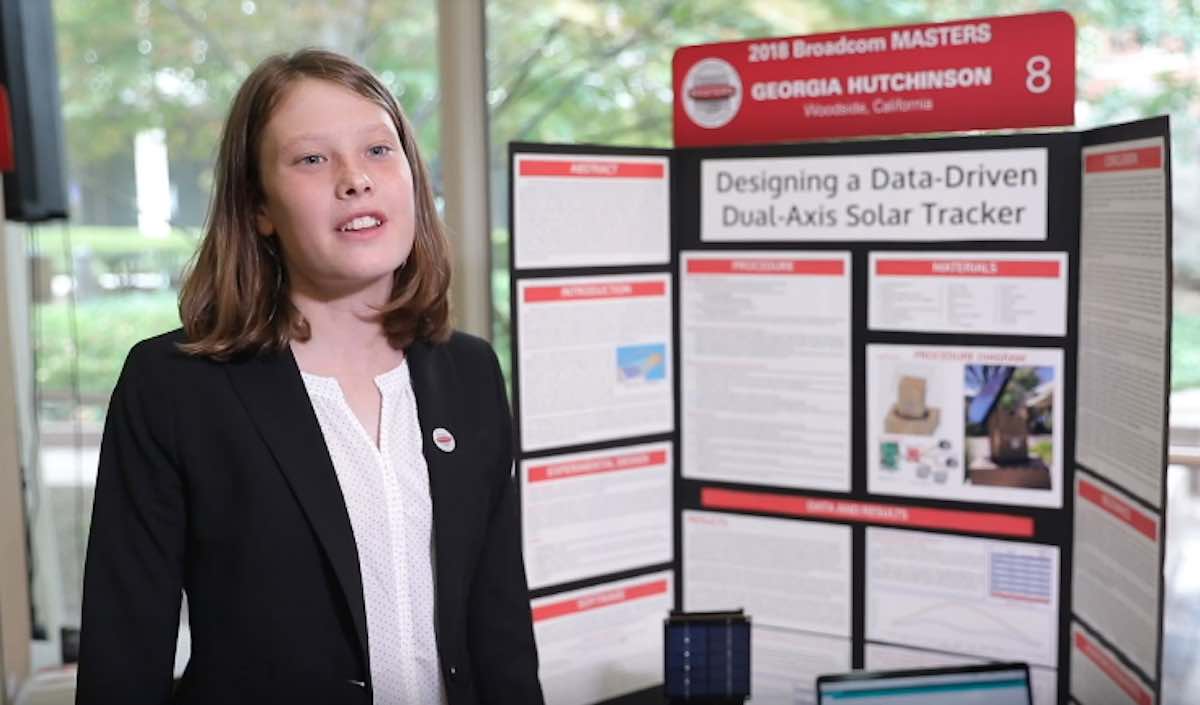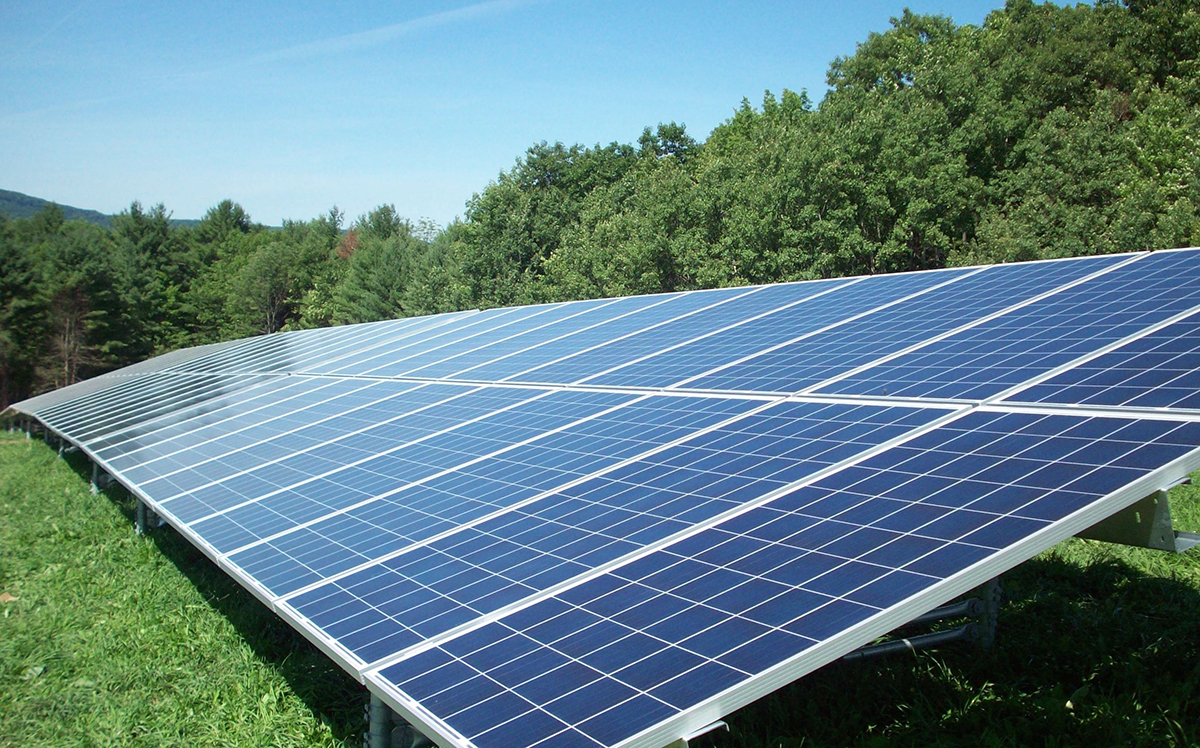
Maryland is the best place to begin if you're unsure whether solar panels are right. The state's Renewable Portfolio Standard and Solar Renewable Energy Credit program encourage the use of solar energy. Maryland wants to be able to produce 20% of its electricity from renewable sources by 2020. Maryland targets 2% of its renewable energy goals.
Maryland Solar Panels Cost
Maryland has a wide range of prices for solar panels. Price will depend on how large the roof is and other factors. You can receive as many as four quotes from solar companies in your area. The amount you save will depend on the cost of your electric bill. However, solar energy can bring you savings of over $1700 per calendar year.
Maryland homeowners should expect to pay between $12,500 - $17,000 for a 5-kWolar system. But prices for solar panels vary widely depending on the installer. To find the best price for your Maryland solar installation, it's a good idea get multiple quotes. Remember that solar panels make up only a third to the total cost. Other costs associated with a solar system include overhead and labor costs.

Tax credits
Maryland residents are eligible for tax credits to buy solar panels. Maryland homeowners may be eligible for a $2,500 property credit to install solar energy systems. These credits are valid for the year solar was installed. In addition, homeowners in Maryland can carry these credits forward for two more years. Maryland has a net metering program that allows homeowners to sell their excess solar energy back into the grid. These credits can also be used to lower future utility bills.
The Residential Clean Energy Rebate Program in Maryland offers tax credits for solar panels. To be eligible, homeowners must install a solar energy system on their primary residence. To be eligible, homeowners must have a NABCEP-certified installer install the system. Maryland residents can also receive a $500 rebate if they install solar water heating systems.
Net metering
If you live in Maryland, and have solar panel installation, you will be eligible to receive net metering credit from your electricity provider. Maryland's net-metering policy will allow your utility to give you credit for any surplus energy that you export to it. Surplus credits can also be carried over to the next month at the retail rates. The surplus credits are reconciled in April each year at the utilities' supply-rate rate. The size and capacity of your solar system determines how many electricity credits you will be able to receive.
The state offers many incentives and programs that promote solar energy, in addition to net-metering. Maryland residents have the opportunity to receive rebates on solar power as well as federal tax credits. Maryland also has a renewable portfolio standard. You can take advantage of these incentives to save money on your electric bill.

There are many options for energy storage
Maryland residents might consider energy storage as an option for your solar panels. This type battery backup system can give you the ability to withstand power outages due to extreme weather. It also protects your investment by protecting your home in the case of a natural disaster. Maryland is the only state to have passed legislation to encourage energy storage. Maryland's climate solutions law, which was recently passed, increases the economy-wide emission reduction target from 40% to 61% by 2022.
You can install smaller batteries storage systems for residential or commercial use in addition to utility-scale storage. A residential property could store up to 500 kilowatts of power, which is quite a bit of back-up power. The battery system could power up to three days of electricity, especially considering the Maryland average home uses 975kilowatt-hours every month.